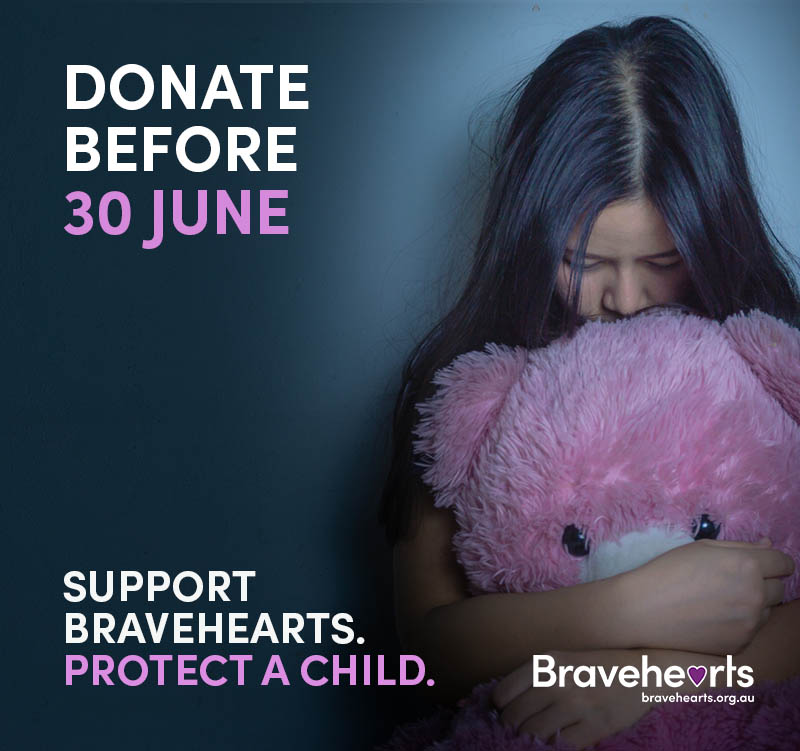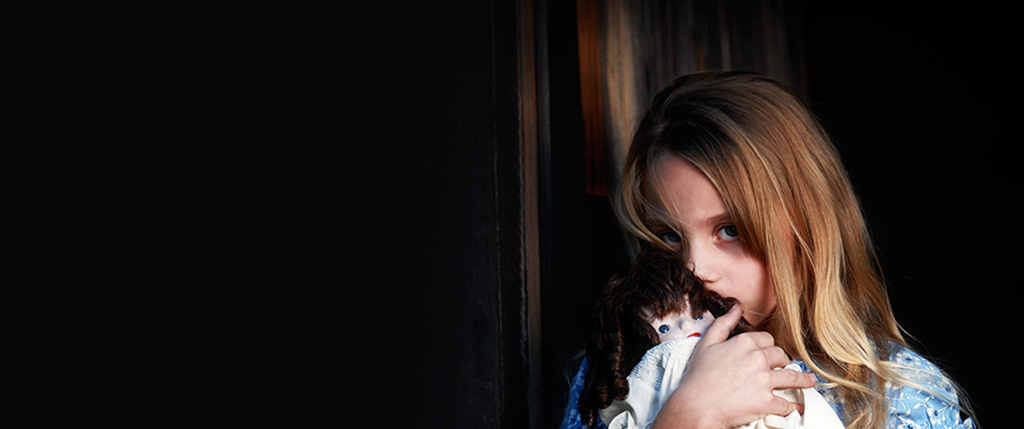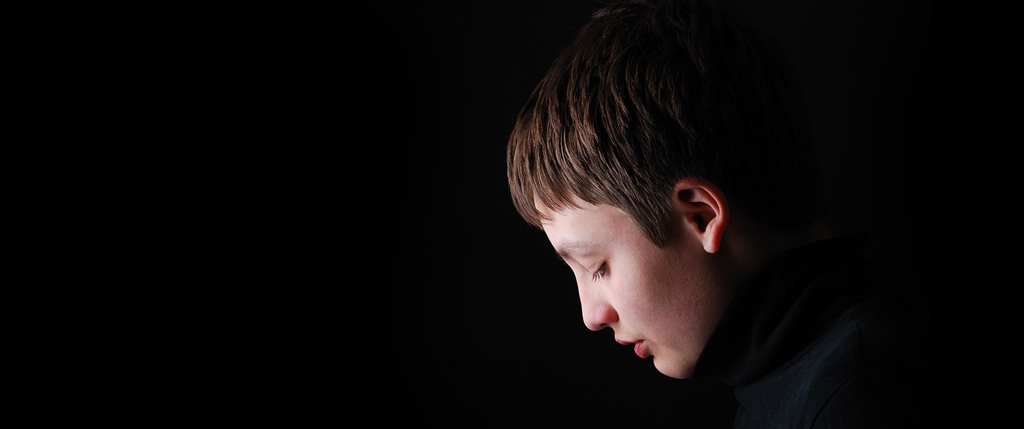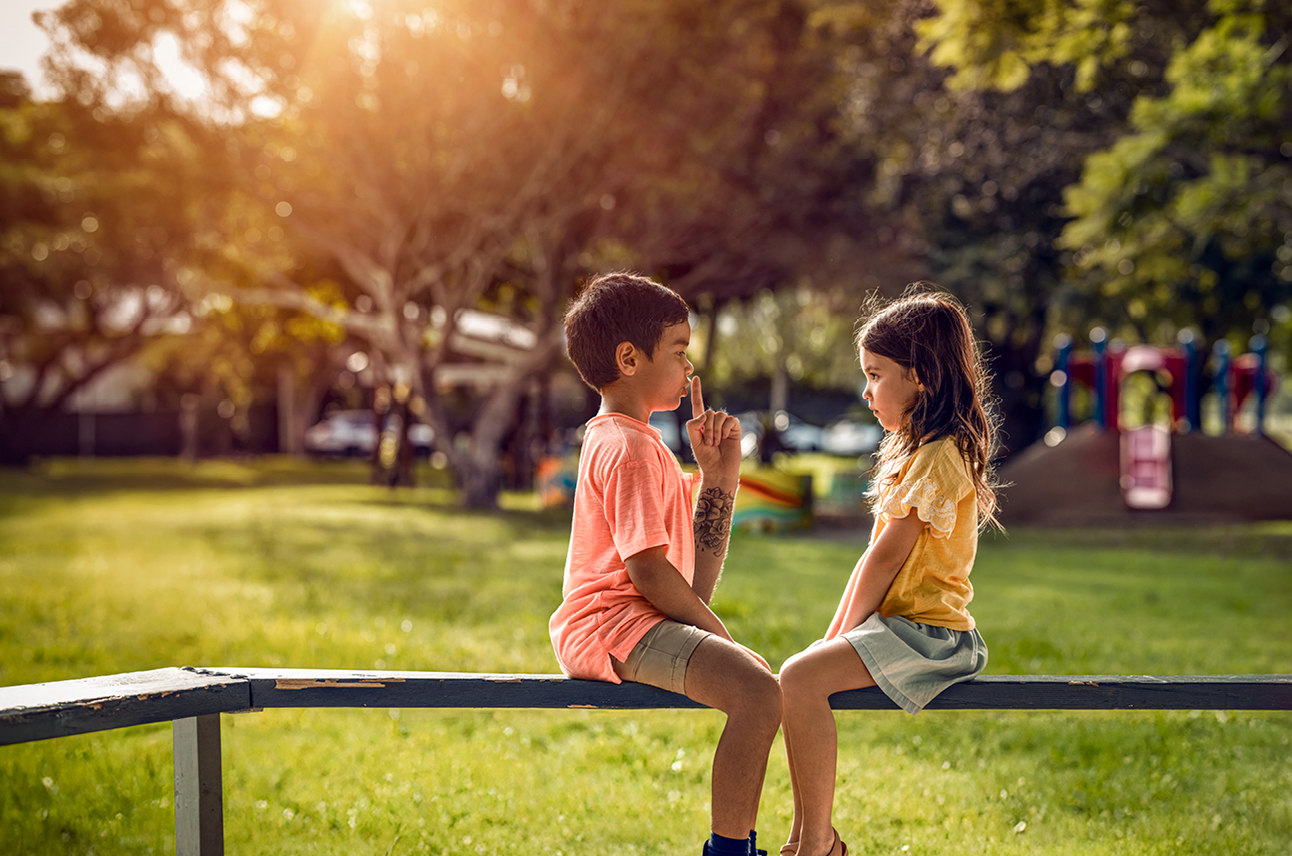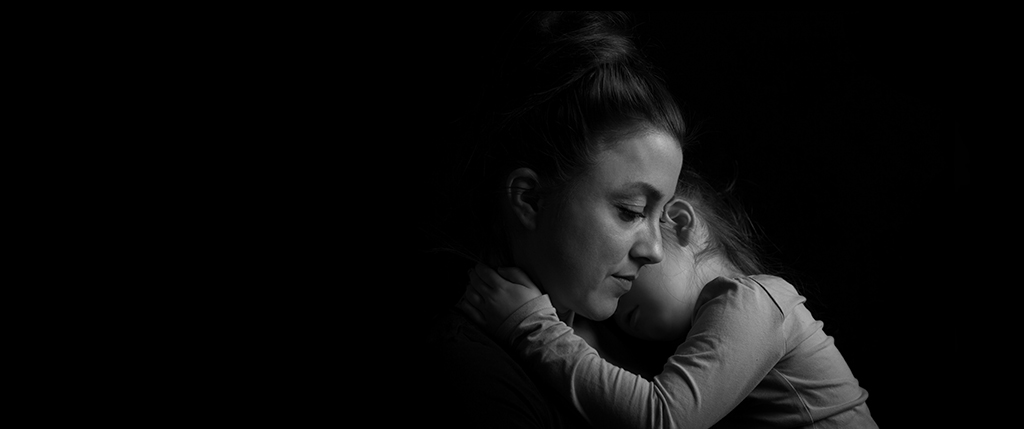About Child Sexual Abuse
- Free Resources
- What is Child Sexual Abuse?
- What are the Signs of Child Sexual Abuse?
- What are the Effects of Child Sexual Abuse?
- What is Grooming?
- What is Consent?
- Sexual Behaviours in Children
- Myths About Child Sexual Abuse
- Online Grooming & Child Sexual Exploitation
- Teaching Children Personal Safety
- Responding to a Disclosure of Sexual Abuse
- Historical Child Sexual Abuse
Helpful Links
- Home > About Child Sexual Abuse > What are the Signs of Child Sexual Abuse?
What are the Signs of Child Sexual Abuse?
Children and young people who have been sexually abused can display a range of signs and symptoms.
The signs of child sexual abuse can vary depending on the child’s developmental stage and the circumstances of the abuse, such as how frequent the abuse is, who is inflicting the abuse and what kind of abuse is happening.
When a child is sexually abused, they might not tell anyone about the abuse, for a variety of reasons. Whilst there are signs and symptoms that may indicate sexual abuse has occurred, it is important to note that the presence of some of the signs does not confirm that sexual abuse has occurred. Some children might show many of the signs and others might show few or none at all.
The experience of child sexual abuse can change the way children and young people understand their world, the people in it and where they belong. After sexual abuse, a child or young person’s understanding of themselves and the world can become distorted, and create mistrust, fear, and betrayal. Their personality and behaviours may change noticeably from what they were prior to the sexual abuse.
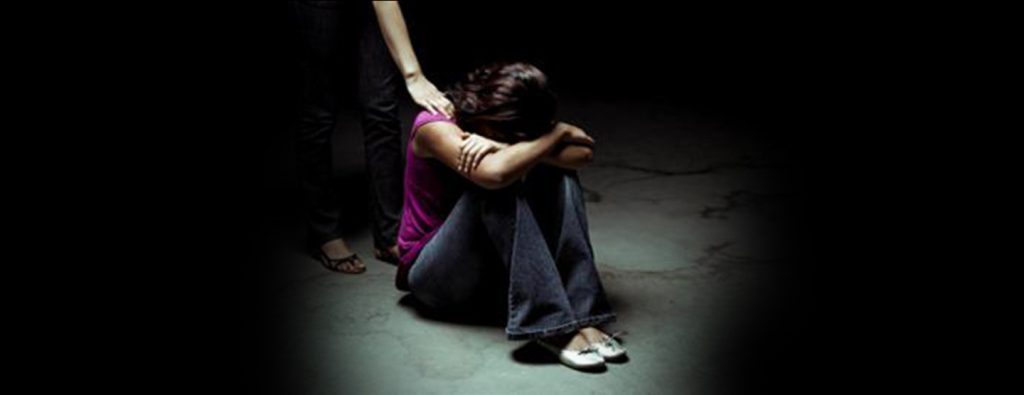
Potential signs of sexual abuse in children include:
- The child is quieter or more distant than usual
- The child is clingier than usual
- Unusual or new fears, sometimes around touch, being alone, being with a particular person or in a particular place
- Difficulty concentrating or with memory, zoning out, seeming distracted or not listening
- Eating, sleeping or hygiene changes
- Regressive behaviours such as bed-wetting or soiling after being toilet trained, acting or wanting to be treated like a baby/younger child again
- Showing knowledge of sexual behaviour beyond their developmental age
- Sexual themes in artwork, stories, play etc.
- ‘Acting out’ behaviours (aggression, destructive behaviours, truanting behaviour)
- ‘Acting in’ behaviours (withdrawal from friends and family, depression)
- Problems with friends and schoolwork/attendance
- Vague symptoms of illness such as headache or tummy ache
- Self-harm (cutting, risky behaviour)
- Asking vague questions or making vague statements about topics such as secrets, unusual ‘games’, or adult behaviours
Children and young people of all cultures, ethnic and socioeconomic backgrounds and ages may be sexually abused. Above all else, it is important to pay attention to behavioural changes in your children and take them seriously if they disclose, and if you require support or guidance, contact the Bravehearts Information and Support Line on 1800272831.
 BACK
BACK
